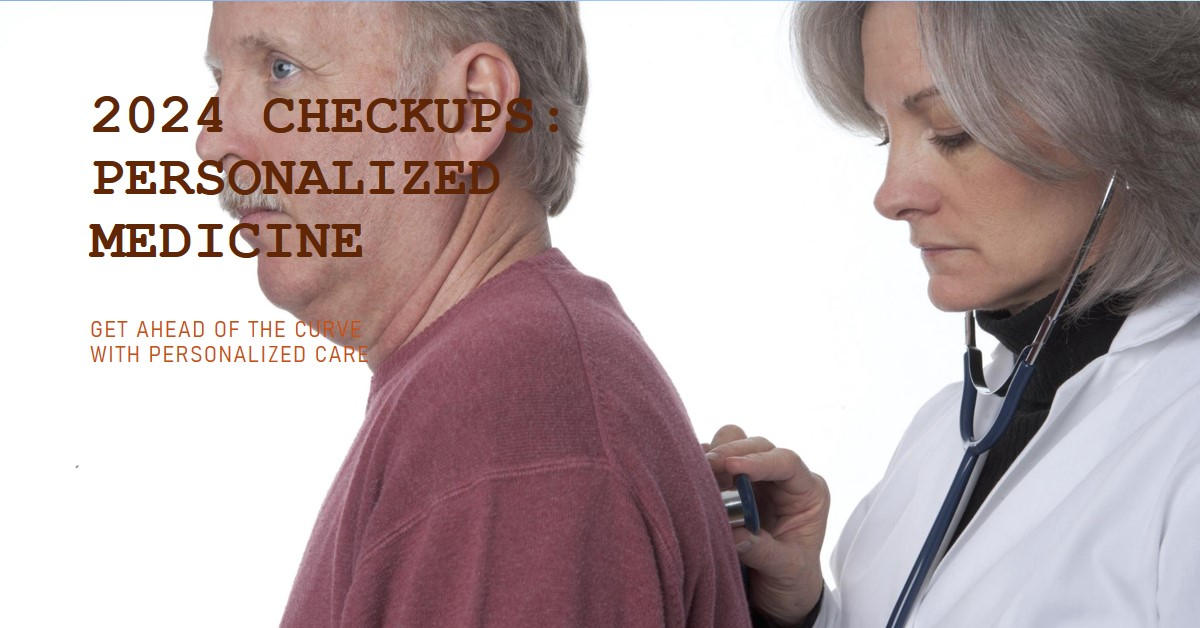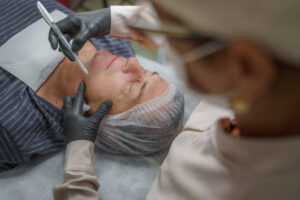
The landscape of preventative healthcare is undergoing a dramatic transformation. Gone are the days of one-size-fits-all checkups. In 2024, health checkup packages are embracing cutting-edge technologies and personalized testing to provide a deeper understanding of individual health risks. These advancements offer a wealth of new information for healthcare professionals and medical students, empowering them to deliver more proactive and targeted care.
The Rise of Personalized Medicine
A 2023 study published in the National Library of Medicine found that 78% of patients now desire personalized healthcare plans. This shift in patient expectations is driving the development of more sophisticated health checkups. “Personalized medicine” allows healthcare professionals to tailor diagnostic tests and preventative measures based on an individual’s unique genetic makeup, family history, and lifestyle factors.
New Technologies in the Checkup Arsenal
Several innovative technologies are now being integrated into health checkups, offering a more comprehensive picture of a patient’s health:
- Genetic Testing: Genetic screenings can identify predispositions for a wide range of diseases, including cancer, heart disease, and Alzheimer’s. “Direct-to-consumer [invalid URL removed]” (DTC) genetic testing is becoming increasingly popular, though healthcare professionals should guide patients to ensure responsible use and interpretation.
- Liquid Biopsy: This minimally invasive blood test detects circulating tumor DNA (ctDNA), offering a potential tool for early cancer detection. A 2024 study by the American Cancer Society suggests liquid biopsies may improve cancer screening efficiency.
- Microbiome Analysis: The gut microbiome plays a significant role in overall health. Advanced stool tests can now analyze gut bacteria composition, offering insights into potential digestive issues or other health concerns.
- Wearable Biosensors: Devices like smartwatches and activity trackers can provide continuous health data, allowing healthcare professionals to monitor vitals, sleep patterns, and activity levels remotely.
Benefits for Healthcare Professionals and Medical Students
These advancements necessitate a shift in how healthcare professionals approach preventative care. Understanding these new technologies and their implications is crucial for:
- Improved Risk Stratification: New tests can identify individuals at higher risk for specific diseases, allowing for earlier intervention and potentially better outcomes.
- Targeted Preventative Measures: Tailored recommendations based on individual risk profiles can be more effective in preventing disease onset.
- Enhanced Patient Engagement: Patients empowered with personalized health data are more likely to be actively involved in their own healthcare.
Understanding the Latest Tests: A Continuous Process
The field of preventative medicine is constantly evolving. Healthcare professionals and medical students must continuously update their knowledge to stay abreast of the latest tests and technologies. Here are some resources to facilitate this process:
- Professional Medical Associations: Many medical associations offer continuing education courses and resources related to personalized medicine and new diagnostic tools.
- Scientific Journals: Staying up-to-date with the latest research published in peer-reviewed journals is vital.
- Online Resources: Reputable online platforms can provide valuable information on new technologies and their applications in healthcare.
FAQs
- Are there any limitations to the new health checkups? While these tests offer valuable insights, they are not foolproof. False positives and limitations in current knowledge can occur. It’s crucial to interpret results within the context of a patient’s overall health picture.
- How can I discuss these new technologies with my patients? Open communication is key. Educate yourself about the tests and their limitations, then explain them clearly to your patients. Encourage them to ask questions and express any concerns.
- What are the ethical considerations of personalized medicine? Issues like data privacy, genetic discrimination, and access to testing need careful consideration. Healthcare professionals must act with integrity and uphold ethical standards when utilizing personalized medicine.
- Where can I find reliable full body health checkups? Facilities specializing in preventative medicine often offer comprehensive checkups tailored to individual needs.
Conclusion
The future of preventative healthcare lies in personalization and precision. By embracing new technologies and tailoring checkups to individual risk profiles, healthcare professionals can empower patients to take control of their health. As the field of personalized medicine continues to evolve, the question remains: how will these advancements further shape the future of preventative care?
Also know Empower Your Health: At-Home Blood Testing in Bangalore
























